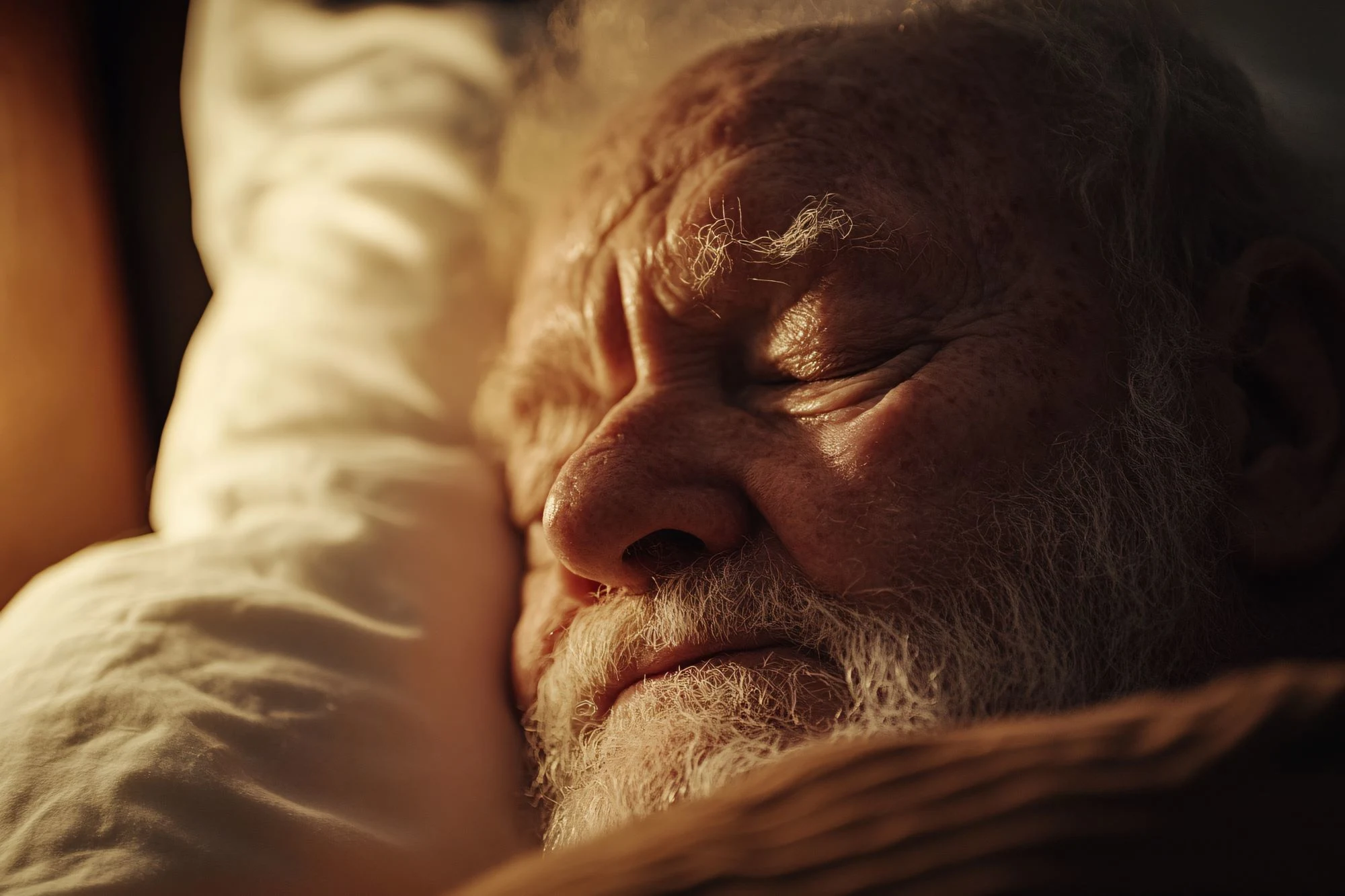
Drooling: Causes, Symptoms and Treatment

This blog has been reviewed and approved by Dr Robert Lee, a dental professional of 35 years
Table of Contents
Key Takeaways
- Drooling is the name given to the unintentional release of saliva from the mouth. Drooling can happen for several reasons, including age, sleeping position, neurological conditions, and minor illnesses.
- Several at-home treatment methods can help you stop drooling, but on some occasions, medical attention may be necessary. If you are excessively drooling and are concerned, then it is recommended to seek medical advice.
- Chronic drooling may require more aggressive treatment like botox injections, speech therapy or surgery.
- Practicing a healthy lifestyle and optimum oral care routine – which includes regular visits to the dentist – can help prevent drooling and ensure you catch any underlying issues that may be the cause.